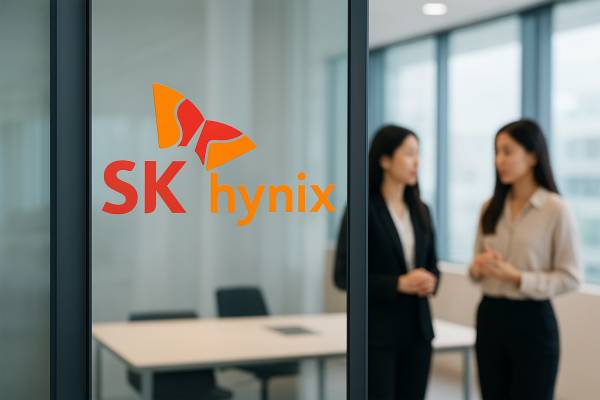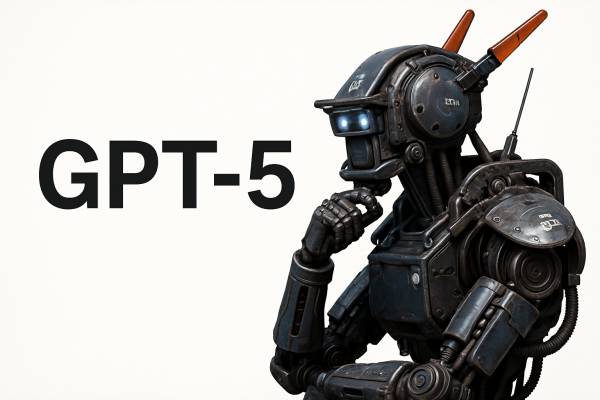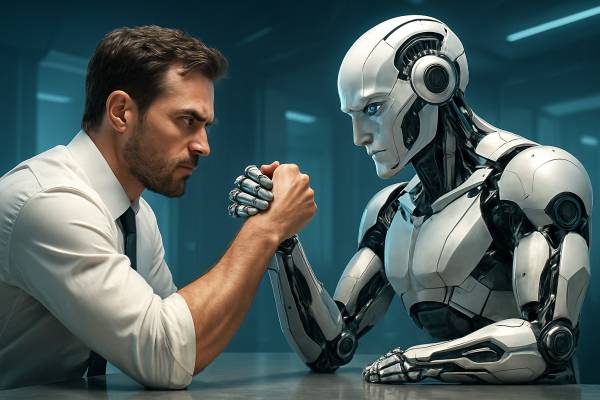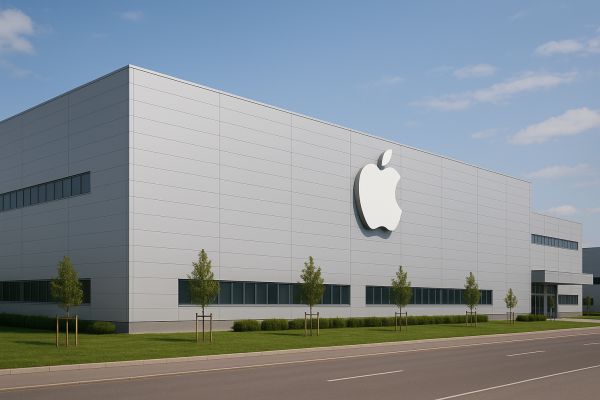Startups have always thrived on rapid adaptation and the implementation of new ideas. In recent years, however, the emergence of artificial intelligence has fundamentally transformed the pace and strategy of these ventures. In a recent talk, world-renowned AI expert and AI Fund founder Andrew Ng discussed how businesses can harness AI to achieve lightning-fast execution and business success.
The core message of his presentation is simple yet powerful: in today’s AI-driven world, speed of execution is the single most important predictor of startup success. But what does that actually look like in practice? Below, we summarize Andrew Ng’s key points across four interconnected themes.
1. A New Era of Applications and Agentic AI
While headline-grabbing advances in AI—such as breakthroughs in foundation models or semiconductors—often steal the spotlight, Andrew Ng argues that the real business value lies in the application layer. Applications are what generate revenue and provide services that users are actually willing to pay for. This income can then be reinvested into further technological development, creating a sustainable cycle of innovation.
One especially noteworthy development in this space is the rise of agentic AI—systems capable not just of answering one-off questions, but of independently carrying out complex, multi-step tasks such as planning, information gathering, validation, and correction. These iterative workflows, which mirror how humans operate, lead to significantly higher-quality outcomes.
This shift in thinking has created new layers in software development: agent orchestration frameworks are helping developers combine AI tools and build applications more efficiently. This trend underscores the growing recognition that the application layer isn’t just useful—it’s the primary battleground for AI-driven innovation.
2. The Key to Fast Execution: Specific Ideas and Expert Intuition
Speed is meaningless without clear, actionable ideas. According to Ng, one common pitfall for startups is launching with overly broad or vague visions. For example, a goal like “improving healthcare with AI” is too general to act on. In contrast, a focused objective like “building a scheduling system for MRI machines” can immediately be turned into a concrete engineering task.
Experienced professionals play a vital role in identifying such focused ideas. Their intuition—shaped by deep domain knowledge—can lead to faster, better decisions. In an age when everyone talks about data-driven decision-making, these instincts are often worth their weight in gold.
It’s also critical that startups pursue only one specific hypothesis at a time. If it doesn’t work, they should pivot quickly—but not too quickly. Premature changes often signal a shallow understanding of the problem.
3. AI Is Revolutionizing Development Speed and Cost
AI has radically changed not only how ideas are implemented, but also how software is developed. Coding assistants like GitHub Copilot or Claude CodeX now enable engineers to build functional prototypes in just a few days—and sometimes, even non-engineers can create them. With the help of AI, the cost of prototyping has dropped to nearly zero, allowing startups to test dozens of ideas before committing to one.
It’s important to understand that these are not finished products—they don’t need to be secure or scalable at this stage. The goal is to learn quickly and identify which ideas are worth developing further. This creates a fast but responsible experimentation process.
The economics of software development have also shifted. Code, once a valuable and scarce resource, has become almost disposable. Technological choices are now reversible, so teams no longer need to spend months perfecting architecture. This flexibility elevates startups’ ability to adapt and respond in real time.
4. Faster Feedback Loops and AI Literacy as Strategic Capital
Fast development is not enough—fast feedback is equally essential. In the past, a product manager might oversee five or six engineers, but today, the speed of development has turned product management into a bottleneck. The success of a product now hinges on how quickly and effectively a team can learn from its users.
Feedback loops can be built from spontaneous user insights, informal opinions, or open beta testing. These inputs also help shape a startup’s mental models—its internal understanding of who the users are and what they need. The more accurate these models, the better the decisions—even when data is limited.
In summary, AI is not just a technological revolution—it’s a cognitive one. Teams that deeply understand how AI works, and what to expect from tools like chatbots, speech synthesizers, or RAG systems, can make better decisions, faster. A poor technical decision can waste weeks or even months. A smart one can lead to a working product within days.
The Person of the Future: Someone Who Can Talk to Machines
Andrew Ng offered a compelling vision of the future: instead of AI replacing programmers, everyone will need to learn how to "speak" to machines. This doesn’t necessarily mean traditional coding, but the ability to clearly express what you want and direct AI to help you achieve it.
At Ng’s organization, everyone—from finance to reception—knows how to code at a basic level. The point isn’t that machines will think for us, but that we must learn to think with them, and use AI as a powerful tool to extend our abilities.
Final Thoughts
Ng’s message is clear: speed alone is not the goal—it’s a competitive advantage when combined with the right expertise, practical experience, and sound decision-making frameworks. In the AI era, success belongs to those who can seize opportunities quickly, while maintaining quality and clarity of focus.















